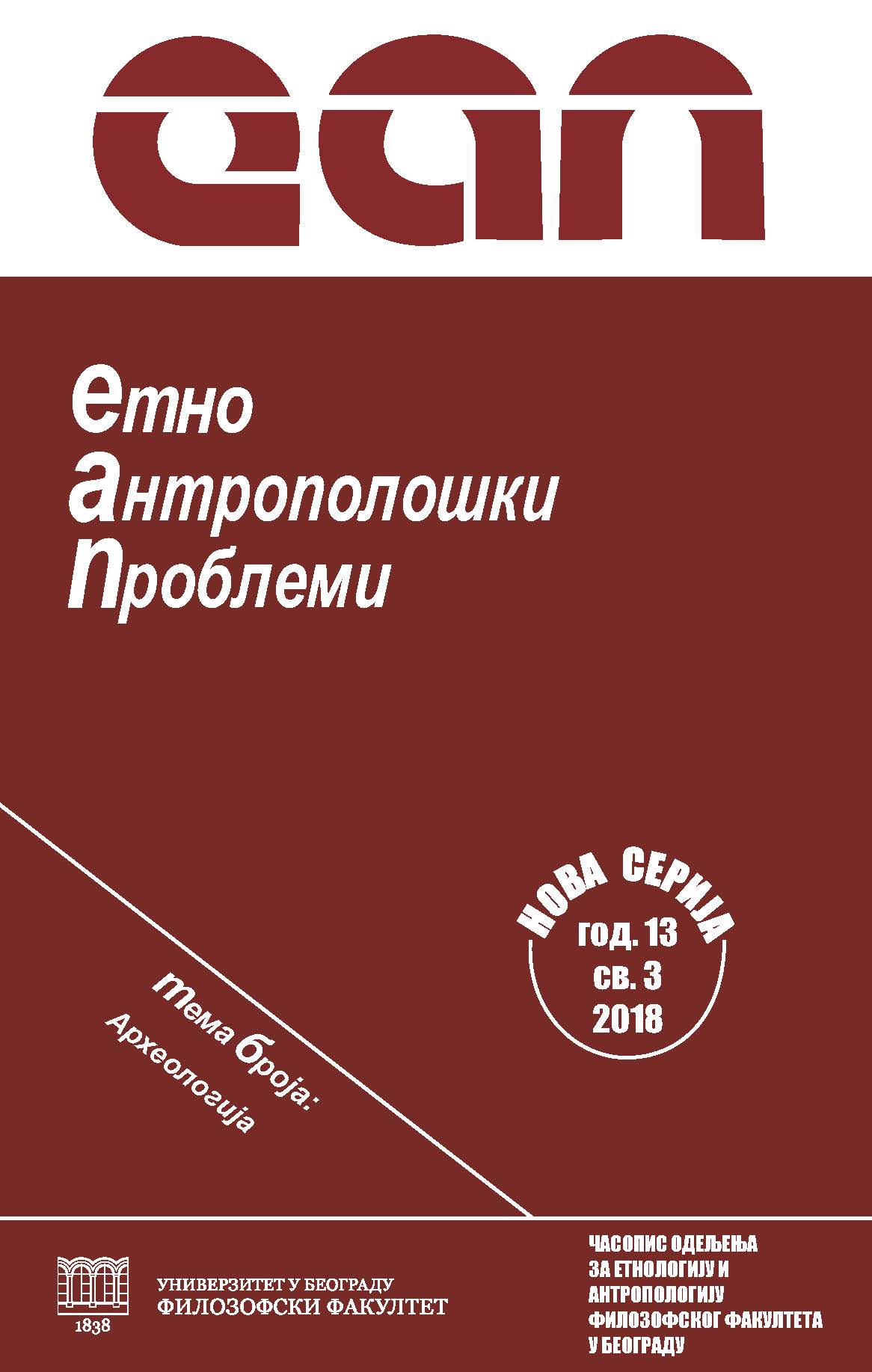Uloga homerske epike u arheološkom istraživanju
The Role of Homeric Epics in Archaeological Research
Author(s): Zorica KuzmanovićSubject(s): History, Archaeology, Cultural history
Published by: Филозофски факултет, Универзитет у Београду
Keywords: Homer; Late Bronze Age; Iron Age; Archaic Greece; written vs. oral society; Heroic Age; social memory
Summary/Abstract: Throughout the history of classical scholarship, the research into the presupposed historical testimonial value of the Homeric poems – Iliad and Odyssey, has been founded upon the need to empirically confirm the contents of the epics, or at least some of their elements, as a historical reality; the archaeological study has been geared towards the confirmation through material evidence. The first part of the paper lays out the circumstances and research trends that caused this approach to Homer as a historic source. Apart from archaeology, an important role in the formulation of the problem of Homeric epics was played by Milman Parry’s anthropological approach, establishing the oral character of Homer’s language. Although this conclusion remains key to understanding Homer as a historical source, other important conclusions of the study in oral tradition have remained largely unexplored from the perspective of archaeological research. Therefore, in the second part of the paper the proposition is put forward to approach the testimonial value of the Homeric poems from a more general anthropological perspective, leading to alternative paths to the archaeological understanding of Homer. The epics will be presented as an historical source for understanding the cultural change indicated by the fact that the relatively long continuity of oral transmission of the poems entered a new chapter during the Archaic period, when due to the new technology of writing, they were translated from the oral to written medium of communication.
Journal: Етноантрополошки проблеми
- Issue Year: 13/2018
- Issue No: 3
- Page Range: 707-728
- Page Count: 22
- Language: Serbian

